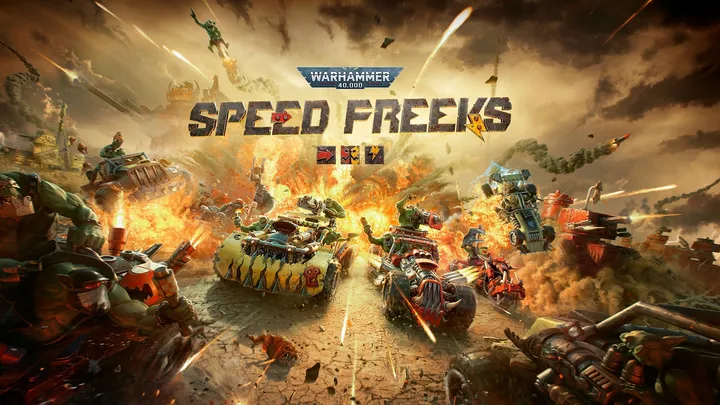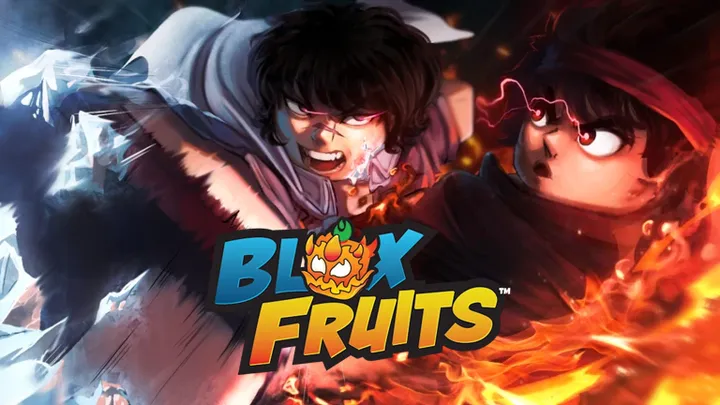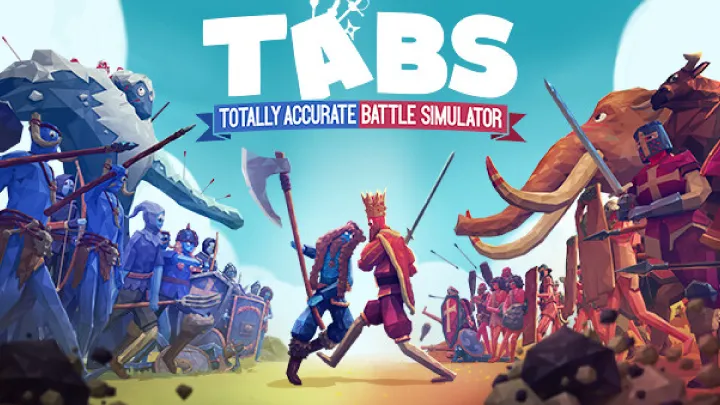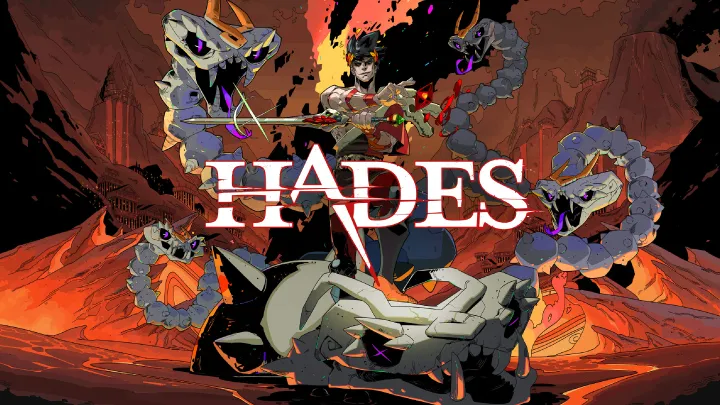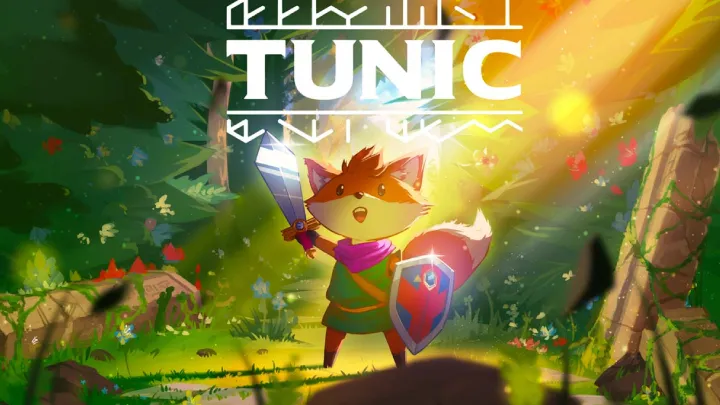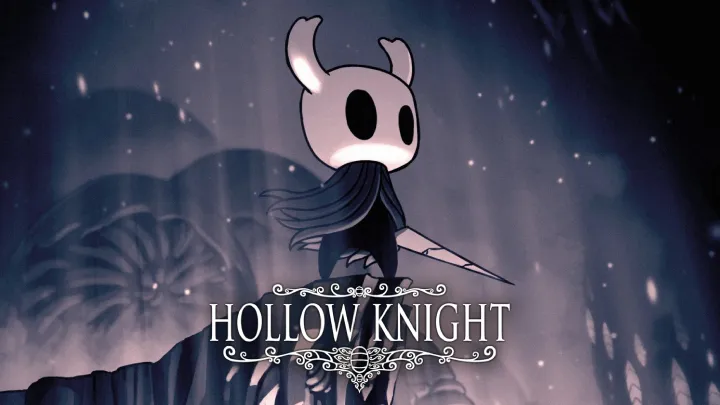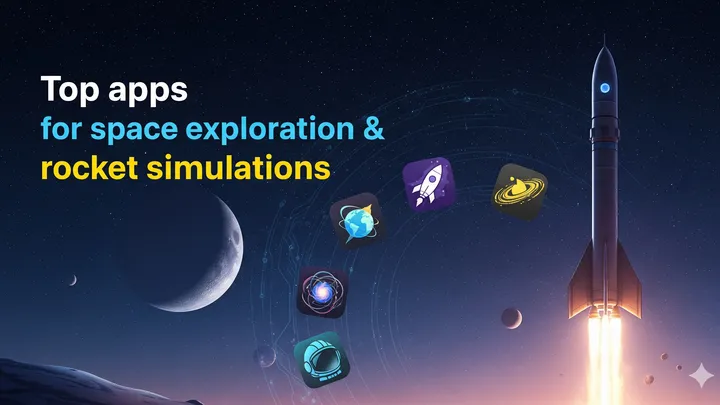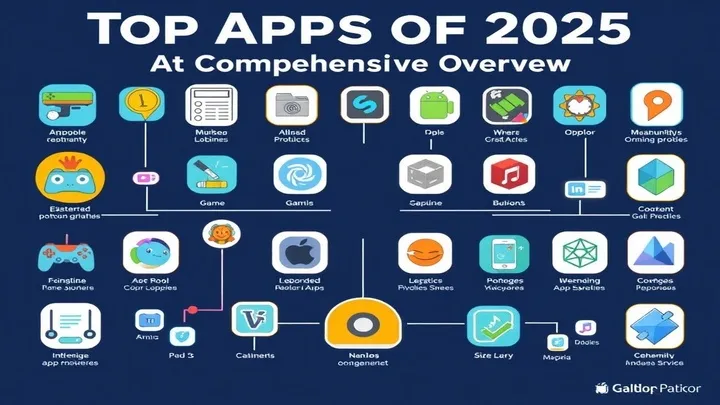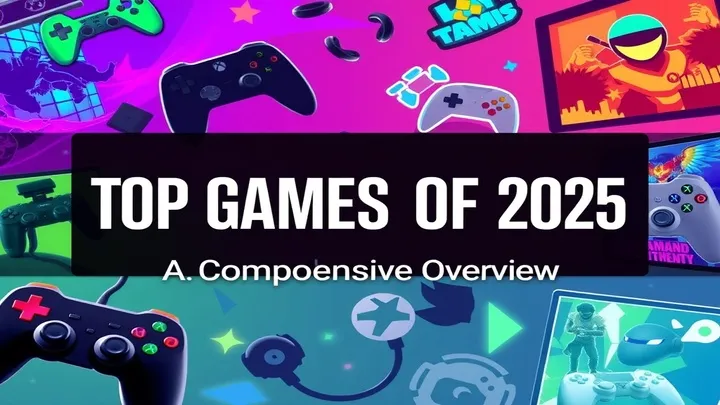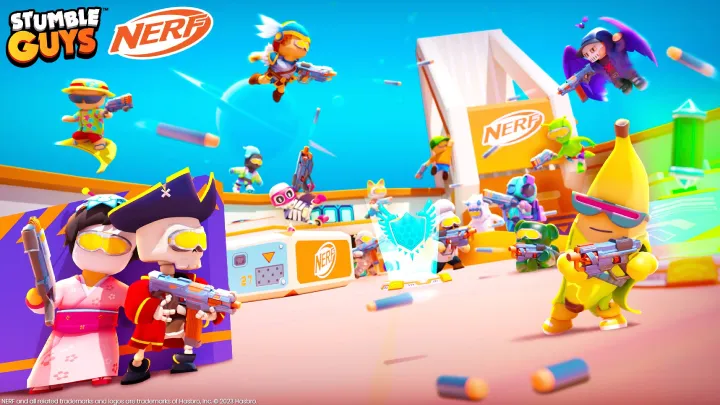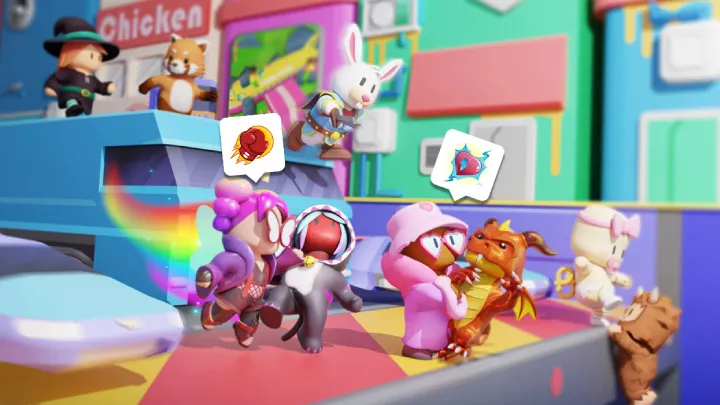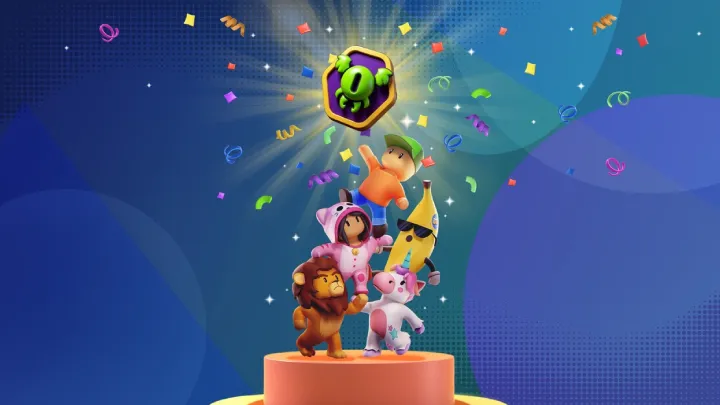Introduction
The Headliners is not a typical simulation or management game. At its core, it is a satirical commentary on the power of media, the fragility of public perception, and the consequences of every editorial decision. The player steps into the shoes of a news editor tasked with choosing which stories to publish and how to frame them. While the game delivers humor and parody, one issue stands out as the deepest challenge: reputation management. In a world where your choices influence society, factions, and your personal standing, reputation becomes both a resource and a weapon. This article explores the intricacies of reputation management in The Headliners across its different phases, unraveling how every choice shapes your success or downfall.
Early Stage – Learning the Weight of Headlines
At the beginning, the game introduces players to the mechanics of publishing articles. It feels simple: read a story, decide whether to run it, and move on. But the consequences soon unfold. Every decision nudges your reputation with the government, the public, or opposing factions.
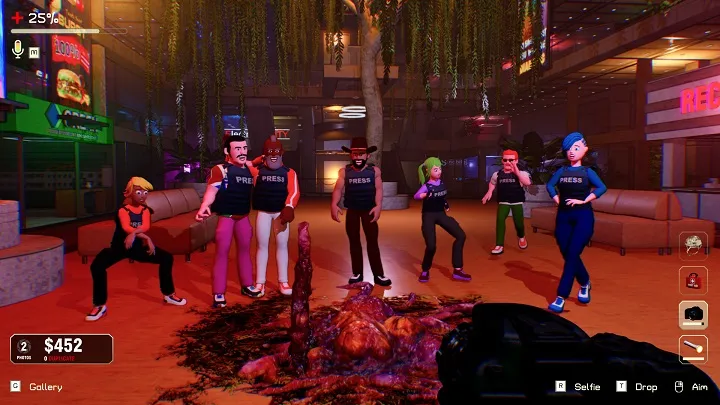
New players often underestimate how early reputational missteps snowball. A single biased headline might tilt an entire group against you, closing off opportunities later. Thus, the first lesson is caution: even small stories have lasting ripple effects.
Building Trust With the Audience
Once you understand that reputation matters, the next step is learning how to build trust. The audience in The Headliners is diverse, with different expectations and ideologies. Satisfying one side often alienates another.
Early Strategies for Trust-Building
- Consistency: Avoid contradictions in published stories.
- Targeted Bias: Lean slightly toward one group, but keep others neutral.
- Avoid Sensational Overload: Publishing too many extreme stories damages credibility.
The challenge is not about being loved by everyone, but about maintaining enough trust to keep multiple doors open.
Mid-Game Complexity – The Tug of War Between Factions
By the middle phase, the game intensifies. Competing factions pressure you with bribes, threats, and promises. This is where reputation management becomes a balancing act.
Supporting the government might bring short-term protection but risks alienating the general population. On the other hand, pandering to rebellious groups may damage your career stability. The tension creates an ongoing tug of war, where your editorial bias decides the trajectory of your world.
The Cost of Bias – When Reputation Backfires
Reputation can be a double-edged sword. While it grants influence, leaning too far in one direction has dire consequences. For example, overly siding with the government might lock you into authoritarian outcomes, while supporting rebels too openly may lead to surveillance and retaliation.
Signs of Reputation Backlash
- Loss of credibility with key groups.
- Restricted story choices.
- Increased personal risk to your character.
In The Headliners, reputation backfires not because you failed to earn it, but because you earned it with the wrong group.
Personal vs Professional Reputation

One of the most brilliant aspects of the game is the split between your character’s personal and professional life. Your choices in headlines don’t just affect the news but also your family, friends, and neighbors.
The Two Reputations to Balance
- Public Persona: Determines influence in society.
- Private Persona: Shapes relationships and personal outcomes.
This dual system forces players to question: should I sacrifice my personal bonds for professional gain? The answer often depends on which reputation you value more.
Late-Game Pressure – When Every Headline Counts
As the game nears its climax, every headline feels like walking a tightrope. Reputation now determines not only your success but the fate of society itself. The factions you favored or angered earlier return in force, demanding loyalty or punishing betrayal.
At this point, reputation is less about gradual building and more about managing crises. A wrong choice can undo hours of progress. Veteran players often describe this phase as the most nerve-wracking, where survival requires flawless judgment.
Reputation as a Resource – Spending It Wisely
Reputation in The Headliners functions like currency. It can be spent to gain favors, secure access, or protect yourself from consequences. But, like any resource, it is finite and fragile.
Best Practices for Reputation Spending
- Save for Critical Choices: Don’t waste influence on trivial gains.
- Balance Short-Term Survival with Long-Term Goals: Avoid burning bridges too early.
- Diversify Alliances: Relying on one group creates vulnerability.
Treating reputation as an economy rather than a static measure is essential to long-term success.
Psychological Pressure – The Player’s Dilemma
Reputation management in The Headliners is not just a mechanical challenge but also a psychological one. The game pushes players to second-guess themselves, questioning whether they are doing the right thing.
Many players report feeling genuine guilt after publishing biased stories or pride when managing to maintain balance. This emotional weight is intentional, reflecting the real-world dilemmas of journalists and editors.
Community Insights on Reputation Management
The player community for The Headliners has generated fascinating discussions about reputation strategies. Some players advocate for total loyalty to one faction, while others insist that balanced neutrality offers the best outcomes.
Popular Community Strategies
- Neutral Survival: Stay moderate, avoid extremes.
- Faction Loyalty: Pick one side and maximize gains.
- Double Life: Present loyalty to one faction while secretly supporting another.
Each approach has risks and rewards, and the debates highlight how reputation is at the heart of the game’s replayability.
The Legacy of Your Reputation
Ultimately, the most powerful message of The Headliners is that your reputation defines your legacy. The ending you receive is not only about surviving but about how others perceive you. Were you a manipulator, a loyalist, a rebel, or a balanced truth-seeker?
This reflection cements the idea that reputation is not just a mechanic but the soul of the game. It forces players to confront the consequences of their actions and accept the narrative they authored.
Conclusion
The Headliners is more than satire; it is a study of how reputation shapes power and survival. From the earliest headlines to the game’s dramatic climax, reputation management forces players to balance competing interests, navigate personal dilemmas, and live with the consequences of every choice. By framing reputation as both a resource and a legacy, the game offers one of the most thoughtful explorations of media and morality in modern gaming.
